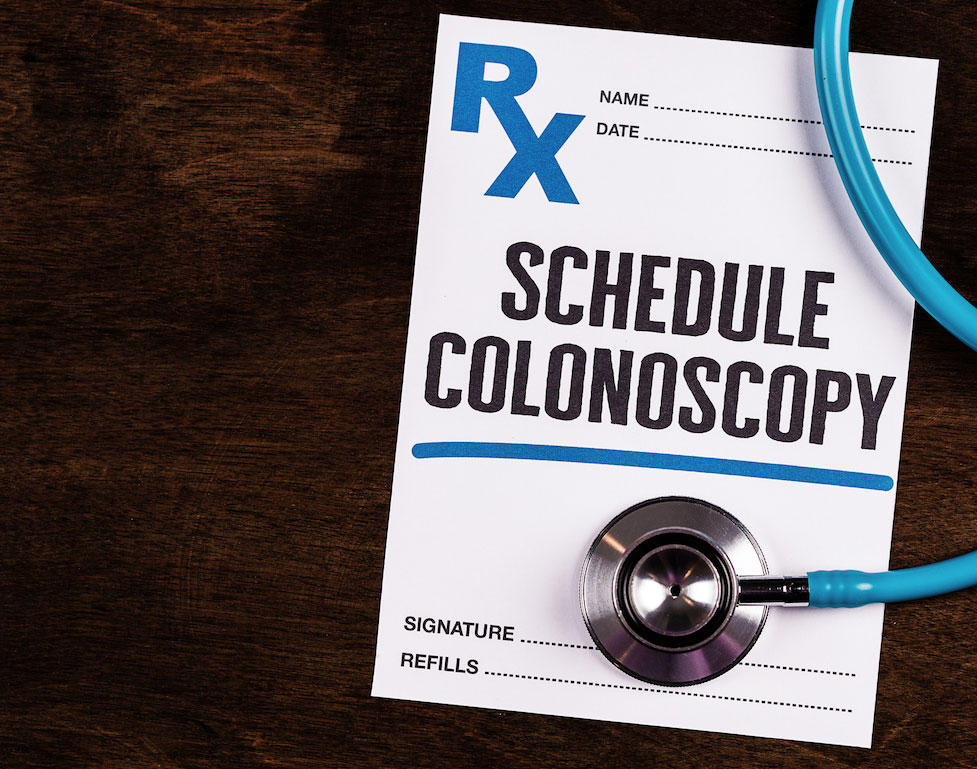Colorectal cancer is the second-leading cause of cancer-related deaths among men and women combined in the United States. Yet one in three people are not up-to-date when it comes to colorectal cancer screening.
Here’s more from Dr. William Sardella, a colorectal surgeon at the Digestive Health Center at Hartford Hospital, on the importance of getting routine colonoscopies.
Q. Let’s talk about the colonoscopy itself: Many people fear it. But, in fact, it is easier than you might think. What is entailed?
A. Colonoscopy remains the gold-standard for colorectal screening. Although the procedure requires bowel preparation, the added value it brings with regards to polyp detection and reduction of cancer risk is well worth the minimal downside. There are a wide variety of bowel preparations available and all have the goal of efficiently cleansing the colon to improve visualization. Although some patients may have concerns or have heard that bowel preparation is difficult, the majority of preps nowadays are reasonably palatable and relatively easy to complete.
Alternative methods for colorectal screening exist but none are as accurate as colonoscopy nor do they allow removal of potentially pre-cancerous polyps. Stool tests such as Guiaic or FIT tests detect the presence of blood or hemoglobin in the stool. Cologuard is a stool test designed to detect both blood in the stool as well as abnormal DNA associated with polyps or colorectal cancer. Despite their relative simplicity, stool tests have a recognized false positive and false negative rate meaning that polyps or colorectal cancer can be missed. In addition, if a positive result is obtained, colonoscopy is required to confirm.
Q. Early detection of polyps and colon cancer is so vital. If caught early, can treatment be more effective?
A. Early detection of colon polyps and colorectal cancer is essential. Detecting and removing potentially pre-cancerous polyps while they are benign is the ultimate goal of screening. If a malignant polyp or tumor is identified, early diagnosis has a direct impact upon prognosis and simplifies treatment as surgical removal is typically all that is required.
Q. Describe the stages of colon cancer and prognosis of each stage.
A. Staging of colorectal cancer has a direct impact upon treatment and prognosis. There are 4 stages of colorectal cancer which depend upon the degree of local tumor growth, involvement of regional lymph nodes, and the presence of distant spread to other areas of the body. While advances in chemotherapy has helped tremendously, more advanced stages of colorectal cancer at diagnosis are associated with a worse prognosis.
Q. What are some of the treatment options for patients with colon cancer?
A. Surgical removal of the colorectal segment and the regional lymph nodes is the mainstay of treatment and is all that’s required for early stage cancers. Lymph nodes removed at surgery are examined by a pathologist and, if involved by tumor cells, postoperative chemotherapy is generally recommended. For rectal cancer, preoperative chemotherapy and radiation is commonly recommended before surgery.


